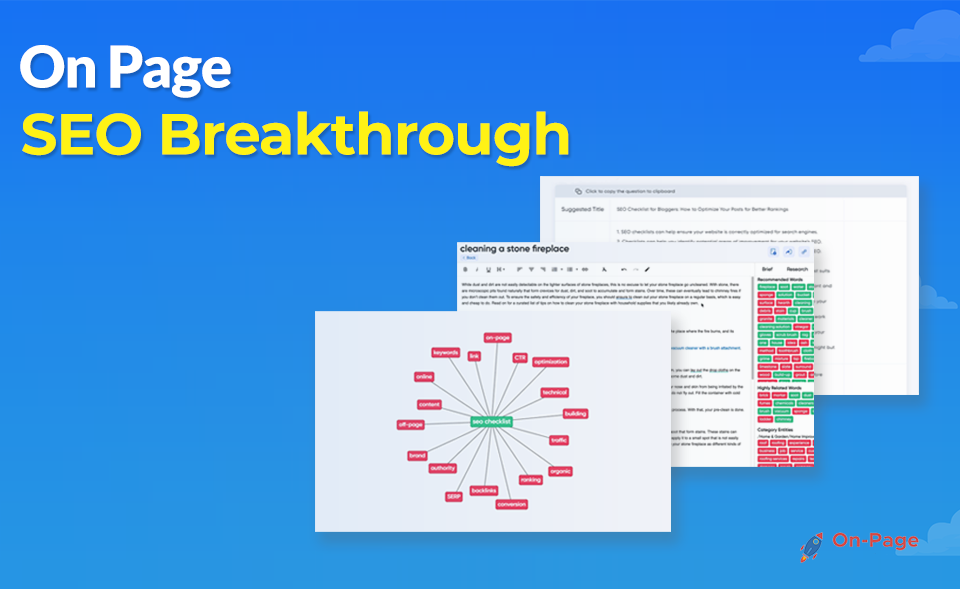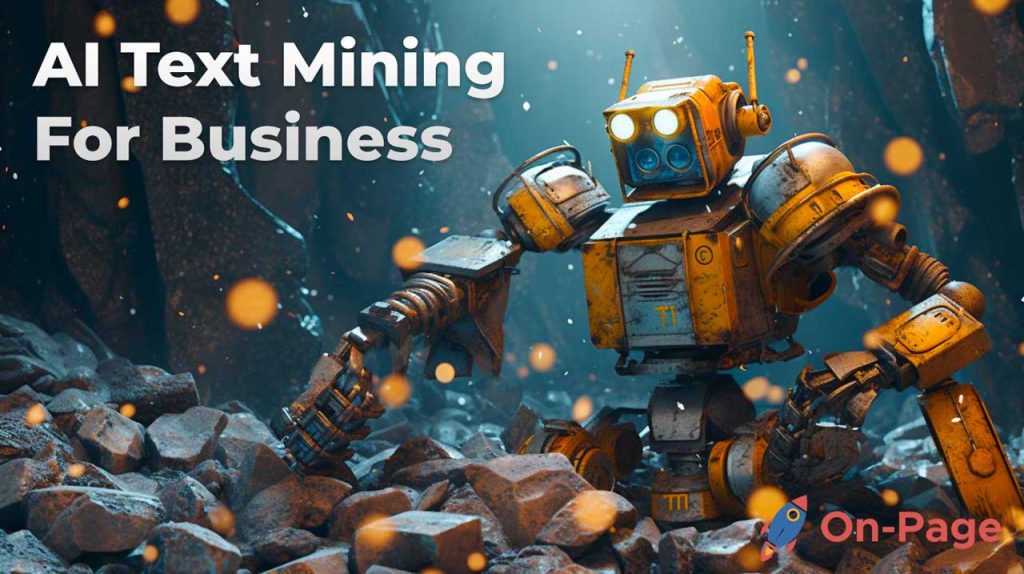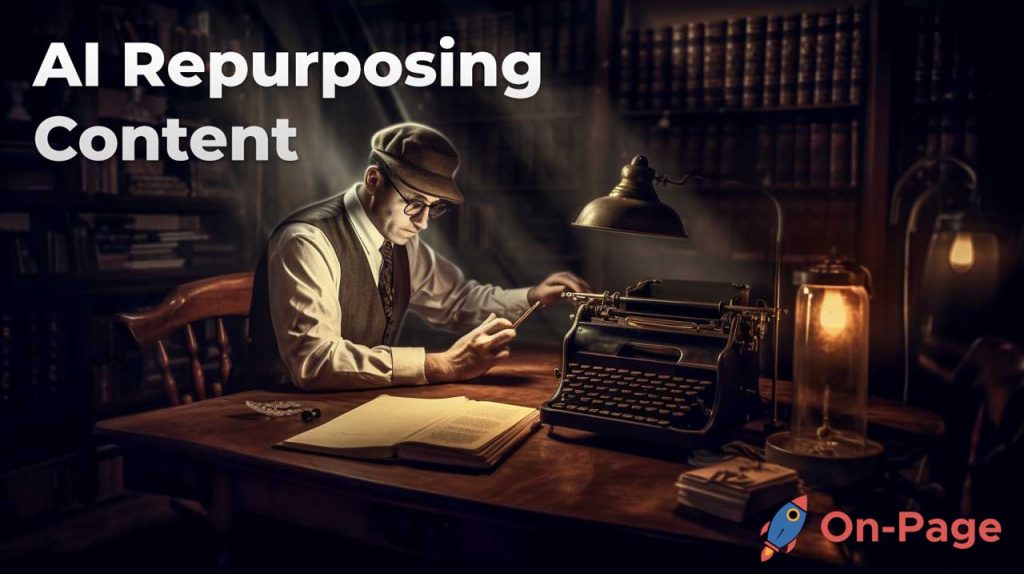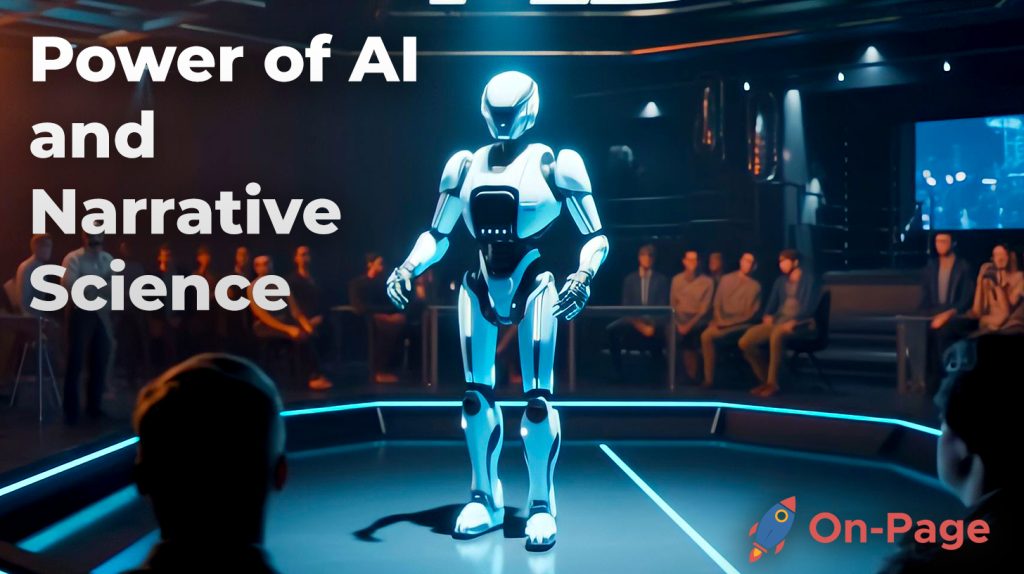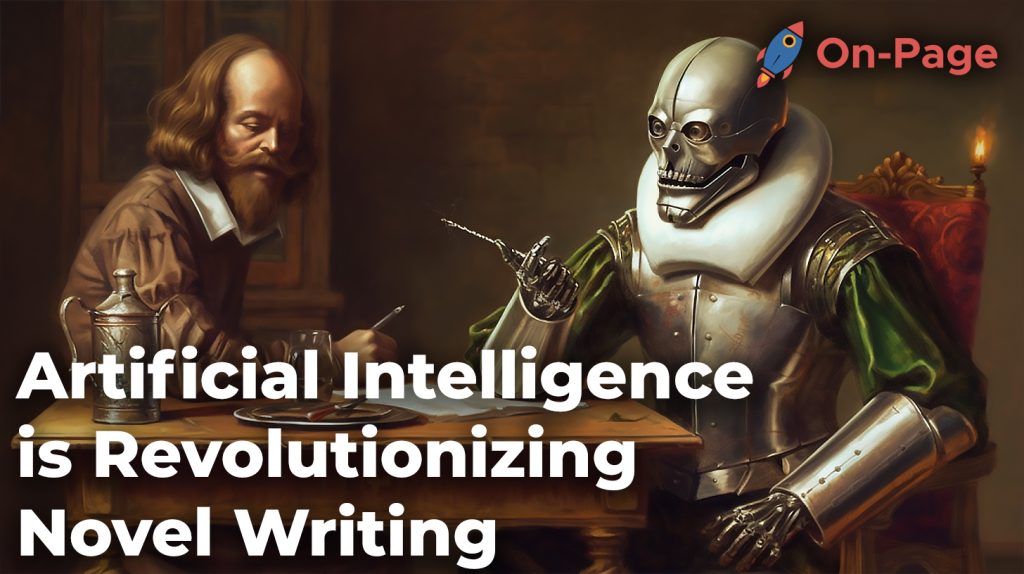
Imagine a world where best-selling novels are written not by human authors but by artificial intelligence, churning out captivating stories that rival the great works of literature. No longer just a figment of science fiction, this reality may be closer than you think. AI writing is revolutionizing novel writing in ways previous generations could hardly dream of, taking both industry professionals and voracious readers by storm. Curious about how AI algorithms are reshaping your favorite page-turners? Join On-Page.ai as we delve into the heart of this groundbreaking technology and unlock the secrets behind its rapidly growing success.
Recent advances in artificial intelligence have made it easier than ever before for writers to use AI-powered tools to streamline the novel writing process. While there is still debate as to whether or not AI can create truly unique and engaging narratives, AI writing tools can help authors generate outlines, character descriptions, and even entire paragraphs with ease. The future of AI in novel writing remains an exciting and rapidly evolving area of study.
AI Writing Technologies for Authors
AI Writing technologies are becoming incredibly popular among writers, particularly novelists, providing them with a whole range of new tools to aid the creative writing process. There are several different types of applications and software programs that utilize AI technology for writers to use to generate new ideas and support the storytelling process.
One such program is Sudowrite, an AI novel writing assistant built by writers for writers. Sudowrite’s user experience has been designed to be intuitive and easy-to-use, and features like its whole plot, character profile, and outline planning capabilities allow authors to rapidly develop their stories using AI-generated prompts.
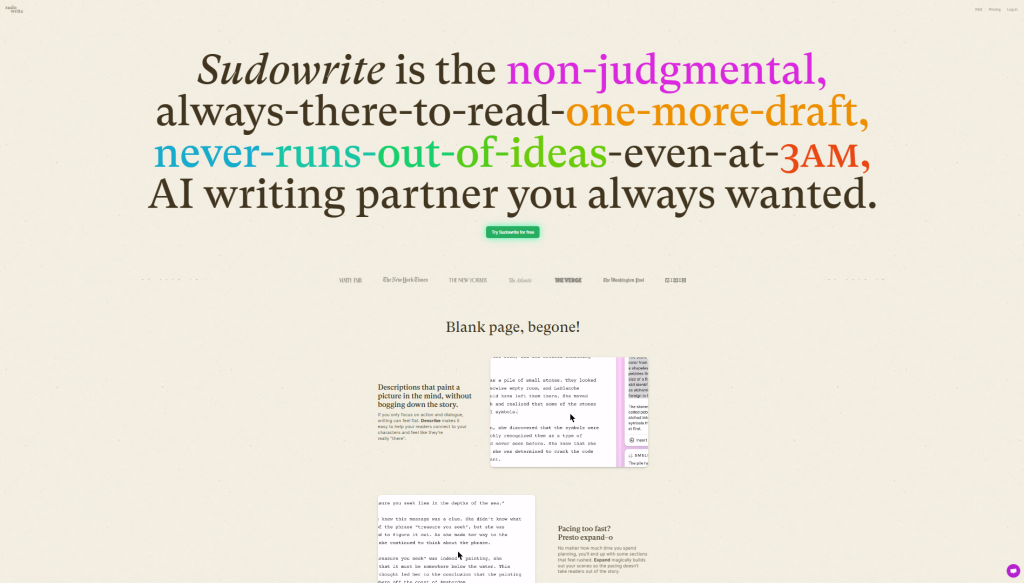
Another popular option is Jasper, which provides users with templates for creating documents, a workflow for managing tasks related to writing, and an SEO mode that assists in optimizing content for search engines. Of course, the most powerful aspect of Jasper is its ability to support the creative aspects of writing through its “writer” mode which allows users to input prompts or ideas into the software which then generates responses based on content analysis.
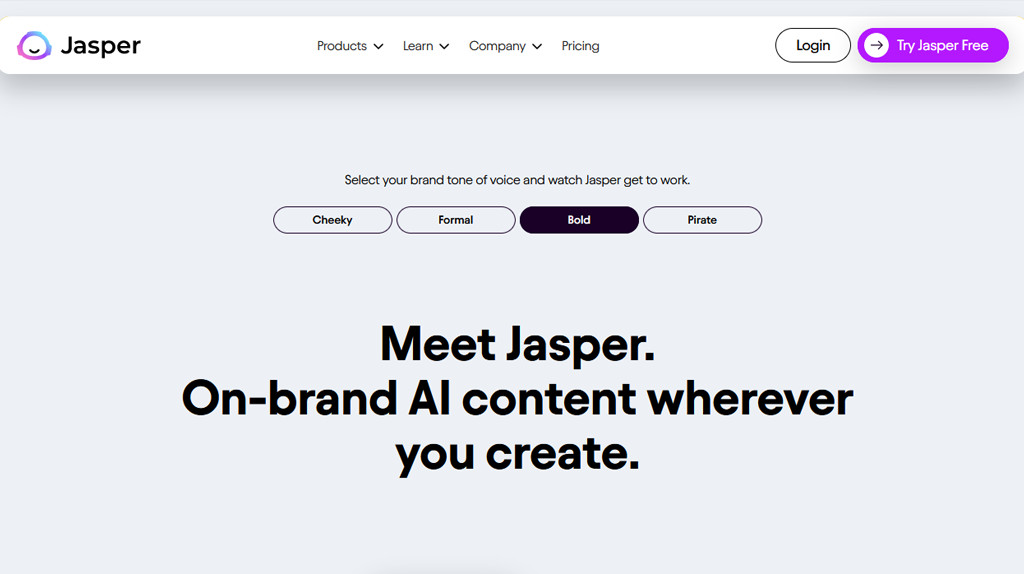
AI writing technologies like On-Page.ai’s Stealth Writer have revolutionized the way novels are crafted by streamlining repetitive or tedious processes while allowing authors more time to focus on creativity. In fact, these technologies can assist with many critical aspects of novel writing including outlining story structure, generating character traits and settings related to plot points, and even suggestions for different potential narrative arcs.
While some might argue that AI writing technologies could rob the novelist of full creative control over their work there is evidence that suggests otherwise. The creative work is still entirely in the hands of the author – who merely sees AI as a tool rather than an integral part of the creative process.
Now let’s turn our attention towards one particular type of AI writing technology that has been changing up fiction writing in recent years: data-driven storytelling techniques.
- AI writing technologies are becoming increasingly popular among novelists as they provide a range of tools to aid the creative writing process, such as generating new ideas and supporting storytelling. Sudowrite and Jasper are two AI writing programs that have gained popularity. These technologies assist with critical aspects of novel writing, including outlining story structure, generating character traits and settings related to plot points, and even suggestions for different potential narrative arcs. While some may worry about losing creative control, evidence suggests that authors view AI as a helpful tool rather than an integral part of the creative process. Overall, AI writing technologies are revolutionizing the way novels are crafted by streamlining repetitive or tedious processes and allowing authors more time to focus on creativity.
Data-Driven Storytelling Techniques
Data-driven storytelling techniques are a relatively new aspect of AI writing technologies, but they have shown significant promise for writers looking to reach their audience more effectively. These techniques seek to incorporate data analytics into the creative process itself, identifying specific patterns or trends that can be leveraged to increase narrative impact.
For example, advanced applications like On-page.ai can crawl websites and identify the most important words to add to your page in order to rank higher on Google through its On-Page Scans feature. This technology is based on algorithms that compare user behavior with site content and provides actionable recommendations designed to increase web rankings.
Data-driven storytelling techniques are particularly powerful when it comes to engaging audiences as writers can analyze real-world data from their readership: what topics they enjoy reading, what characters resonate with readers, and what kinds of storylines create excitement in different target demographics. For example, by analyzing the interests or challenges of target audiences using audience segmentation tools within Google Analytics or other analytical software, authors can better understand how to tailor their content and improve their chances of success.
Think of data-driven storytelling techniques as providing an intuitive “map” or “compass” for authors navigating increasingly complex publishing environments. By leveraging analytics-based insights about audience preferences, writers are able to make informed decisions about how to approach different narrative aspects such as character development or plot structure.
However, some might argue that relying too heavily on data-driven decision-making could lead authors away from taking creative risks or producing something wholly original. But this argument ignores the fact that analytics can provide inspiration in unexpected places – leading writers to create stories that easily tap into readers’ wants/needs and become instant hits in the marketplace.
- The natural language processing market, which includes AI writing tools, is projected to grow at a CAGR (Compound Annual Growth Rate) of 21.0% from 2019 to 2024.
- In a study of content created by GPT-3, an AI model developed by OpenAI, around 50% of the output was considered creative, diverse, or contextually relevant by human evaluators.
- An MIT study found that AI-generated stories were rated as enjoyable and coherent as human-generated stories for short narratives of about one paragraph in length.
AI-Generated Story Ideas

One of the most exciting possibilities of AI in novel writing is its ability to generate story ideas. With its vast database and analytical capabilities, AI can provide ample material to support a writer’s creativity. AI-generated story ideas work by scanning through millions of books, articles, and online stories to draw inspiration. These technologies use machine learning algorithms to analyze writing patterns, spot themes and characters that engage readers, and identify new story angles not previously explored.
For instance, a science-fiction author looking for a new angle on time travel might use an AI platform like On-Page.ai capable of analyzing plotlines from books and other stories to generate fresh character trajectories or alternative endings. This analysis could, in turn, stimulate new creative pathways or even help break writer’s block by providing unexpected solutions to plot problems.
Another example of AI-generated story ideas comes from the book “The Day A Computer Wrote A Novel” by Japanese author Hideto Yamauchi. The entire book was written by an AI model known as Belle 2 using natural language processing software provided by OpenAI. The author fed the software with numerous examples of classic mystery novels before giving it full control to write its own piece without monitoring. Though the final result might be far from perfect, it does show that machines can come up with intriguing stories worth reading on their own.
However, some critics argue that relying solely on an AI-generated story idea eliminates human intuition and removes any element of surprise or spontaneity. Authors who decide to use these technologies need to ensure that they don’t become too predictable or formulaic with their content. Additionally, since machines lack emotions and experiences like humans do, assembling an original narrative in the same way a human does could prove difficult.
Advantages of AI in Novel Writing
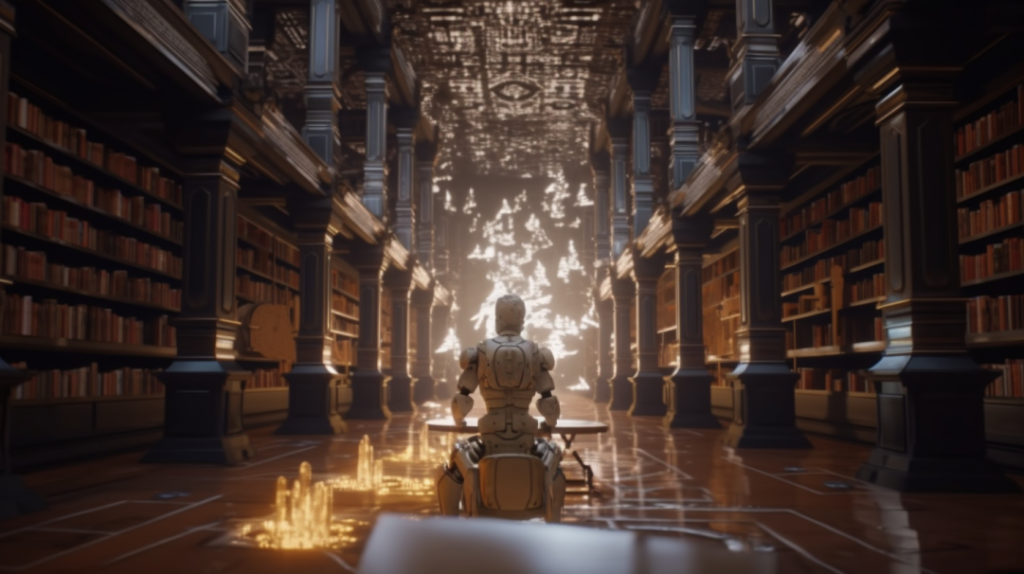
Using AI in novel writing offers a wide range of benefits, from streamlining the writing process to overcoming creative blocks. For instance, AI-powered editing and proofreading tools can help streamline the editing process by checking for grammar and spelling mistakes, increasing narrative cohesion, and ensuring consistency in character development. Meanwhile, AI-enabled story structure analysis can aid writers in identifying flaws in plot structure or character arc that they might have missed.
The Stealth Writer feature offered by On-Page.ai is a prime example of how AI can assist authors with ideation and drafting. With its advanced algorithms, Stealth Writer rapidly generates new ideas and plots based on specific genres or themes and creates unique content with a single click. Additionally, the tool features an intuitive interface that allows users to tweak generated results with their own ideas until they reach their desired outcome.
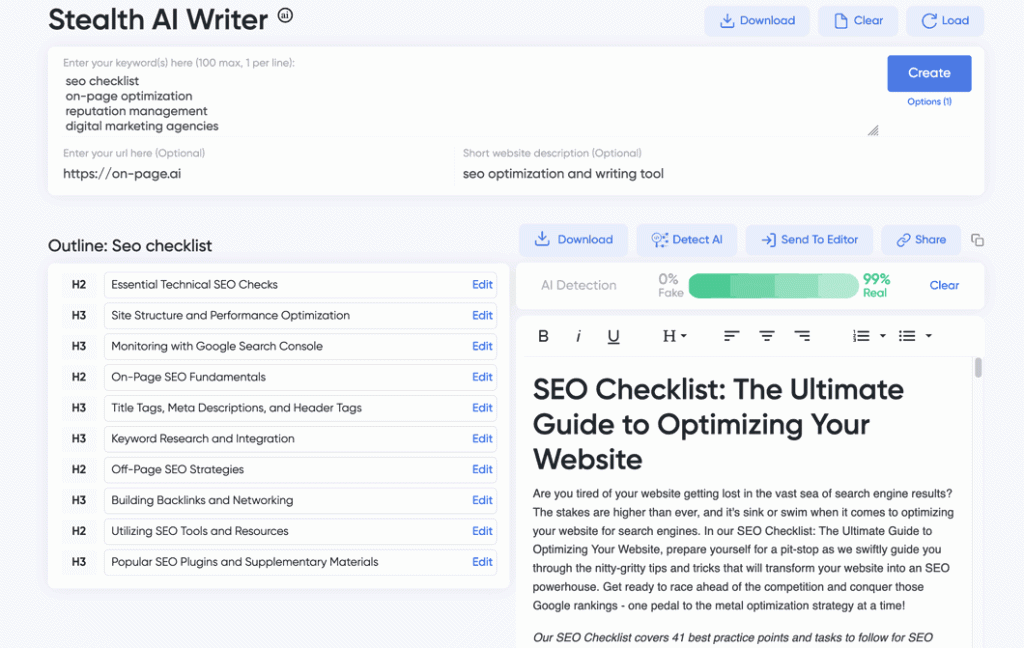
Think of AI as a virtual writing assistant that can help guide writers at any phase of the creative process. Whether identifying plot holes or offering suggestions for new story angles, these technologies work as a reliable collaborator ready to complement your creativity and enhance your skills.
Research has shown that using AI improves the quality of writing by reducing errors related to grammar and syntax, as well as providing feedback on narrative components such as pacing and structure. Furthermore, since these tools are constantly learning from user feedback, they can adapt to the writer’s style over time and become even more personalized and effective.
Some critics argue that giving too much control to machines could potentially stifle human creativity. For this reason, it is essential to establish a balance between man and machine when working with AI in novel writing. While technology can be an excellent addition to any writer’s arsenal, humans still need to maintain their originality and intuition to create innovative stories capable of engaging readers on an emotional level.
Overcoming Creative Blocks and Streamlining Process
Writing a novel can be an arduous task that requires a great deal of creative energy. It is not uncommon for writers to experience creative blocks, which can be frustrating and demotivating. Fortunately, AI writing technologies have been developed to help overcome these blocks and streamline the writing process.
One of the ways in which AI can help overcome creative blocks is by suggesting ideas for plot points or characters. For instance, AI-generated story idea tools such as GPT-3 can generate compelling story prompts based on the writer’s preferences. This can help provide writers with much-needed inspiration when they feel stuck. Additionally, AI tools such as Sudowrite can help writers flesh out characters and create detailed outlines for their novels. This can save time and allow writers to focus on other aspects of their work.
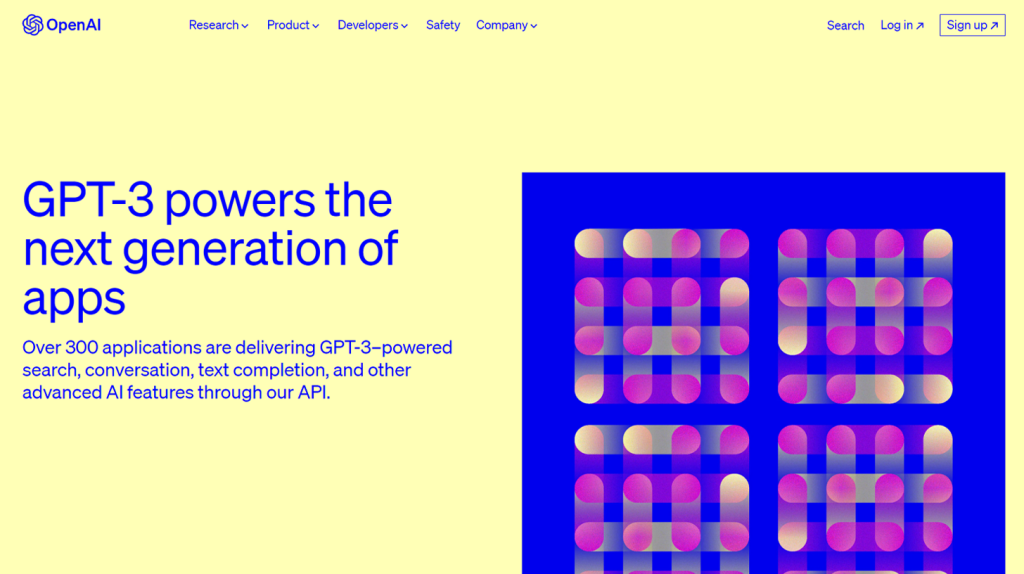
Moreover, data-driven storytelling techniques powered by AI can also help authors improve their writing processes. Analyzing data from successful literary works allows authors to learn from similar works’ character arcs, pacing, and sentence structure. This makes writing more precise. It also makes stories resonate better with readers.
Another way in which AI can facilitate the writing process is through revision suggestions. With On-page.ai’s Stealth ReWriter tool, which analyzes content against SEO best practices, revising draft copy has become easier than ever before. The application suggests changes that are geared towards crafting persuasive language that has been optimized for digital search engines.

Ultimately, by helping identify potential flaws in your manuscript early on before you release it to publishers enables authors to publish polished books every time instead of having multiple trial-and-error cycles whether with editors or proofreaders.
Limitations and Ethical Considerations
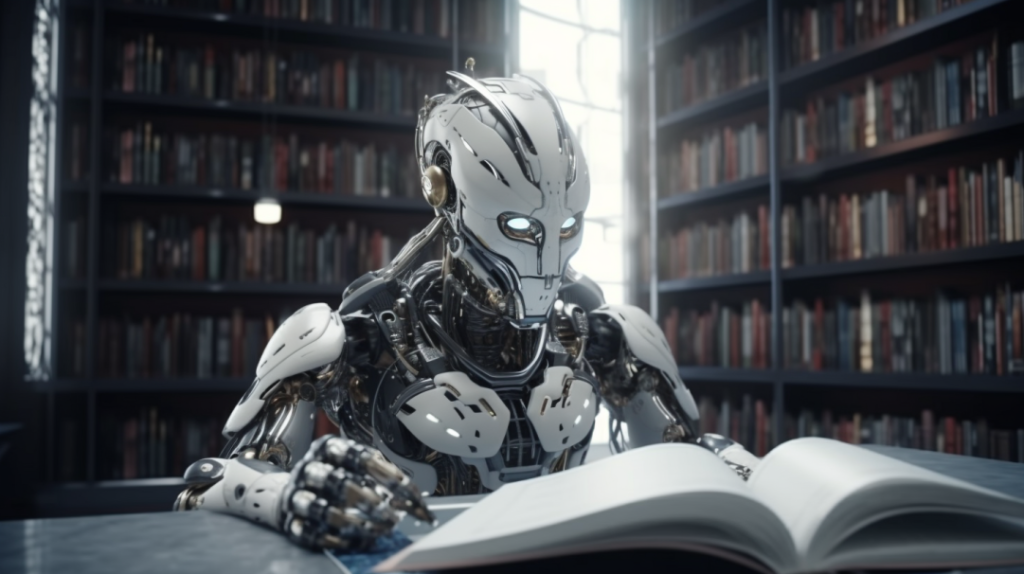
While AI writing technologies are promising, they are not without limitations and ethical considerations. One of the major concerns raised by some authors is that these technologies could replace human-creativity. This has been met with a lot of criticism. The verdict remains split.
Another limitation concerns accuracy and bias. AI tools rely on algorithms, which means that their output is only as good as the data used to train them. If the data used is biased or inaccurate, this can result in undesirable outcomes.
Additionally, writers must always remain aware of how much emphasis they place on efficiencies over creativity. With AI tools like On-Page.ai, it may be easy to chase after high-performing content ideas at the expense of more innovative work.
Finally, there are ethical concerns about intellectual property rights and privacy infringement when it comes to using such technology. Engaging with AI-powered writing tools requires caution, especially for professionals who have an affinity for carefully developing their unique style as distinct from potentially formulaic competitors using the same writing aids.
It is important to note that while AI can never replace a creative author’s voice; it offers extraordinary value by assisting authors in streamlining tedious editing processes and generating new story ideas more efficiently.
Can AI Truly Replace Human Creativity?
The debate over whether AI can truly replace human creativity in artistic endeavors like novel writing is a contentious one. While some may argue that AI writing tools lack the depth and emotional resonance of human-created work, others embrace the opportunities that these technologies provide for streamlining the writing process and generating new and unique story ideas.

On the one hand, it’s true that AI-generated texts often lack the emotional depth and nuance of works created by human writers. Computers can certainly be programmed to produce coherent prose, but they struggle with things like character development, metaphorical language, and complex themes. In this sense, it’s clear that AI could never fully replace skilled authors who bring their own unique perspectives and experiences to their work.
Another way to think about this question is to consider the relationship between photography and painting. When cameras were first invented, many people feared that they would make painting obsolete – after all, why bother creating a realistic representation of something when you could simply take a photo? Yet over time, it became clear that while photography could certainly capture a moment in time, it lacked the emotional resonance and unique perspective that only a skilled painter could provide.
The same is true for novel writing. While AI tools may be able to generate competent prose, they cannot replicate the same level of creativity, artistry, and human emotion that only comes from writers themselves.
The Future of Novel Writing with AI
Despite the limitations and ethical considerations surrounding AI-assisted novel writing, it’s clear that these technologies are here to stay – and are only likely to become more advanced in the years ahead.
One of the most exciting developments in this field is the emergence of data-driven storytelling techniques. By leveraging vast amounts of digital data – everything from social media posts to satellite imagery – AI-powered platforms can help writers develop more nuanced characters, settings, and plot points.
For instance, Narrative Science is an AI platform that uses natural language processing (NLP) to transform complex data sets into compelling narratives. This technology can be used in a variety of fields, from finance to journalism – but it’s also increasingly being employed by novelists who want to create richer and more immersive worlds for their readers.
Of course, there are also significant risks associated with relying too heavily on AI in creative fields like novel writing. For one thing, there’s always the possibility that these tools could be used to create propaganda or manipulate public opinion. Additionally, as AI becomes more sophisticated and capable of mimicking human-like thought processes, there’s a potential risk that people may begin to devalue real human creativity altogether.
Another way to think about this question is to consider the relationship between music and technology. Over the past several decades, we’ve seen countless advances in music production technologies – from the advent of digital recording to the rise of auto-tune. While some people worry that these tools will make real musicians obsolete, the vast majority of music lovers still value and appreciate artists who can create engaging and original works from scratch.
Ultimately, AI is a tool – not a replacement – for human creativity. By working in tandem with skilled authors, these technologies have the potential to revolutionize the way we write novels and tell stories – but they should never be seen as a substitute for the unique perspectives and experiences that only humans can bring to the creative process. Try and register with On-Page.ai, a fantastic tool for creating and initiating your novel writing experience.
Responses to Frequently Asked Questions with Explanations
How do traditional authors feel about the rise of AI in the literary world?
The rise of AI in the literary world has been met with a mixture of reactions from traditional authors. Some embrace the technology as a means to streamline their writing process and increase productivity. Others, however, view it as a threat to their art form.
According to a survey conducted by the Authors Guild, 35% of their members view AI-generated content as a threat to the livelihoods of human authors. This sentiment is echoed by Pulitzer Prize-winning author Jennifer Egan, who stated in an interview with The Guardian that “there’s something really fundamentally discouraging about this brute force automation.”
On the other hand, some authors see AI as a tool to expand the possibilities of storytelling. In an article for Wired Magazine, novelist Robin Sloan discusses his experience using AI text generators to create portions of his novel Sourdough. Sloan argues that rather than replacing human creativity, AI can be used to augment it: “The machine helps me see things my wetware might have missed,” he writes.
Ultimately, the relationship between human authors and AI remains complex and multifaceted. While some fear for the future of their craft, others explore innovative ways to incorporate AI into their work. As the technology continues to develop, it will be interesting to see how these perspectives evolve.
Are there any limitations or challenges when using AI in novel writing?
Yes, there are limitations and challenges when using AI in novel writing. While AI has made tremendous strides in language processing and generation, it still lacks the human touch required to create truly compelling stories.
One of the major limitations of AI in novel writing is its inability to understand the nuances and complexities of human emotion. While language models can generate text that checks all the boxes for proper grammar and syntax, it still struggles to create dialogue and descriptions that convey genuine feelings. Without this emotional depth, stories generated by AI can feel flat and unengaging.
Another challenge is the lack of creativity in AI-generated writing. Many AI systems are trained on existing texts, meaning they are essentially regurgitating pre-existing storylines. This not only limits the scope of what an AI-generated novel can be but also runs the risk of producing derivative works that lack originality.
Additionally, another significant challenge is the quality of these systems’ outputs as some systems have a higher degree of bias than others.
As John Edgar Browning said ““When people talk about machine learning algorithms being “objective,” it’s important to remember that they are only as objective as the data they are fed.”
As much as these challenges may seem like deal-breakers for AI writing, there is still value in exploring how machines can contribute to this field. By working alongside humans, AI writing tools like Stealth writer can accelerate the editing process or inspire authors to experiment with new ideas. However, at this stage, it’s clear that we will need human writers for many years to come.
How can AI assist with plot development and character creation?
Artificial Intelligence (AI) is revolutionizing the writing industry, and specifically plot development and character creation. An AI writing assistant can be utilized to create realistic characters based on provided data, and assist with plot construction by analyzing existing stories and recommending story arcs that are more likely to succeed.
AI algorithms have come a long way in recent years and can generate complex characters by analyzing personality traits, emotions, behaviors, and speech patterns. For instance, OpenAI’s GPT-3 model has proved effective in generating coherent dialogues between two fictitious individuals. Moreover, IBM Watson‘s Personality Insights tool detects the big-five personality traits (i.e., openness, conscientiousness, extraversion, agreeableness, and neuroticism) from written text.
Regarding plot development, AI can analyze literary works’ themes and structures to suggest possible storylines that follow tested formulas proven to attract readers. A 2017 study conducted at MIT analyzed thousands of stories found on the internet using Natural Language Processing (NLP) models to identify successful story types. They concluded that certain commonalities exist among successful stories; for example, they tend to focus on topics like love or money while using simple sentence constructions. Such findings imply that AI models can predict what approaches will engage readers more effectively.
In conclusion, AI can assist with plot development and character creation through predictive analysis tools based on data-driven approaches. These powerful software tools like On-Page.ai are versatile enough to work with both authors and editors alike—simplifying the creative process while improving the overall quality of written artwork.
What are the benefits of using AI in novel writing?
The benefits of using AI in novel writing are vast. For one, it can significantly reduce the time and effort that authors put into their workloads. In fact, a study conducted by Harvard Business Review showed that AI-assisted writing can increase productivity by up to 600%. Moreover, AI algorithms have the capacity to crunch endless datasets about character development, plot structure, and literary techniques. This data then helps authors gain insights into areas they may not have considered otherwise.
Another advantage of utilizing AI is its ability to generate engaging content that resonates with readers. Algorithms can analyze the language used in best-selling novels and pinpoint phrases or styles that have attracted readers in the past. This analysis also allows for personalized recommendations for writers when it comes to crafting their work.
Finally, AI can assist with spellchecking, grammar corrections and syntax errors, improving the final quality of a text. By using AI-powered writing tools before submission or editing, authors can be sure that their work’s errors will be addressed accurately.
In conclusion, leveraging AI technologies in novel writing presents an efficient and successful approach. From improved workflows to higher quality output, there’s a lot of benefits that authors can experience through integrating algorithms into their creative processes.
Can AI be programmed to mimic an author’s writing style or voice?
Yes, artificial intelligence (AI) can be programmed to mimic an author’s writing style or voice. This is possible due to natural language processing (NLP), a branch of AI that aims to understand and generate human language.
By analyzing and learning from an author’s texts, NLP algorithms can recognize patterns and identify the unique characteristics of their writing style such as syntax, tone, pace, and vocabulary choices. With this knowledge, AI can generate new texts that mimic the author’s style.
In fact, companies like OpenAI have already developed AI language models capable of generating text that resembles human writing to a high degree. For example, GPT-3 (Generative Pre-trained Transformer 3) can produce highly coherent and sophisticated texts that are difficult to distinguish from those written by humans.
According to a survey by Narrative Science, a provider of natural language generation software, over 90% of respondents believe that AI-generated content will become increasingly prevalent in the next five years. This suggests that more and more people are recognizing the potential of AI-powered writing tools.
However, some argue that relying solely on AI-generated content could compromise the authenticity and creativity of human writing. Thus, it is important to view AI as a tool for supporting human writers rather than replacing them completely.
Overall, the ability of AI to mimic an author’s writing style or voice presents exciting possibilities for various applications such as ghostwriting, content marketing, and even literary creations. It is up to us as writers and readers to embrace this new technology responsibly and with a critical eye.

